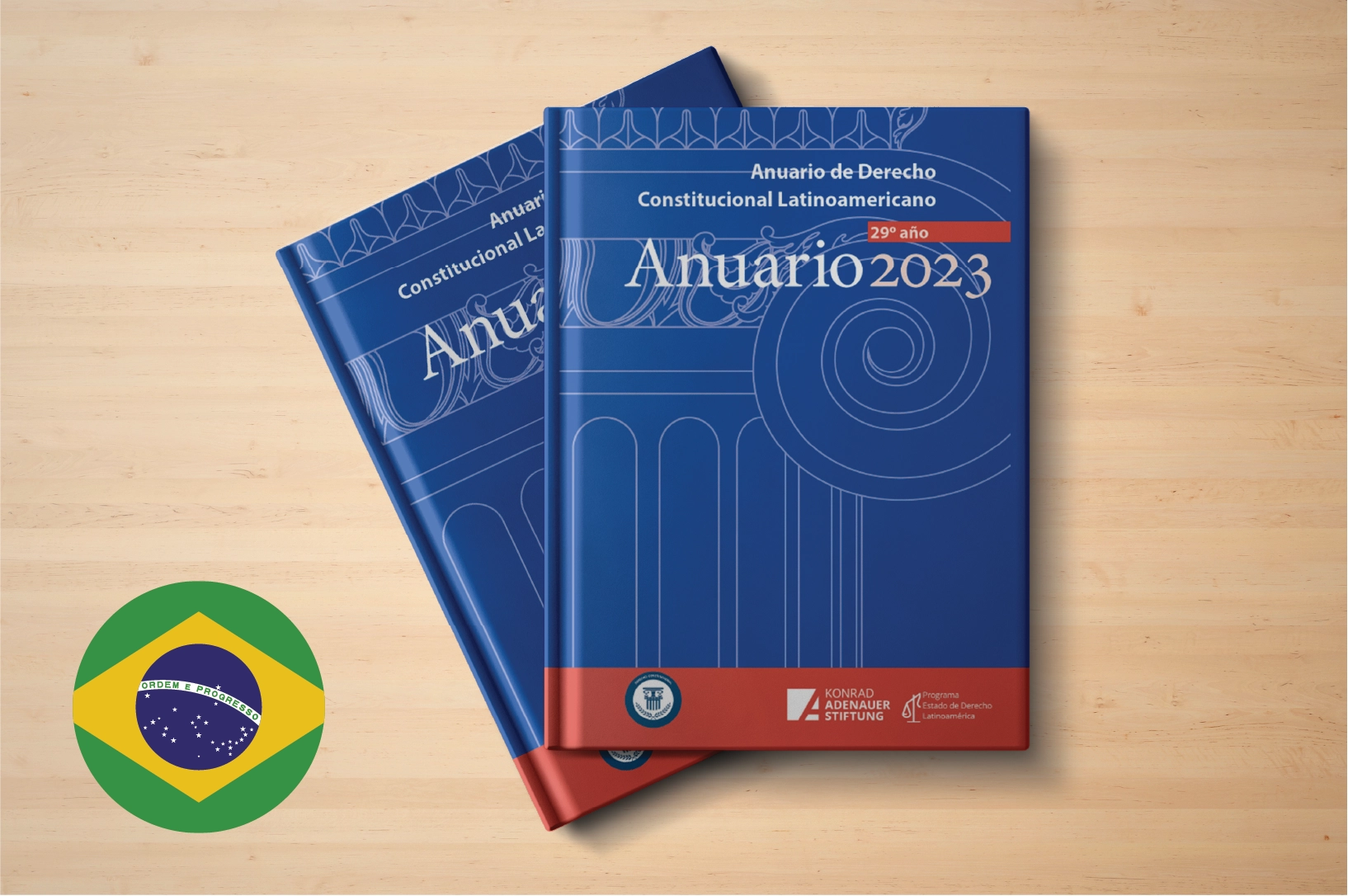O papel do Ius Constitutionale Commune Latino Americano na proteção dos direitos humanos das pessoas em situação de mobilidade internacional
O Ius Constitucionale Commune Latino-Americano (Iccal) conduz os Estados da região a buscarem soluções comuns para problemas comuns. Considerando a delicada situação migratória vivida na região e o estabelecimento de standards protetivos proporcionados pelo Iccal, indaga-se: quais desafios obstam a criação e consolidação de standards protetivos às pessoas em situação de mobilidade in ternacional? Esta pesquisa objetiva compreender as perspectivas para a criação de padrões migratórios dentro do Iccal. Para tanto, aborda os aspectos gerais sobre o Iccal, a proteção às pessoas em situação de mobilidade internacional no âmbito onusiano e regional e identifica os standards interamericanos de proteção às pes soas em situação de mobilidade internacional. A pesquisa se valeu da abordagem dedutiva e a técnica empregada foi a pesquisa bibliográfica e jurisprudencial. Concluiu-se que o uso do conceito clássico de soberania, a resistência ao diálogo e o desconhecimento do corpus iuris interamericano são os principais desafios a serem enfrentados.
Ius Constitutionale Commune Latino-Americano; standards interamericanos; mobilidade internacional.
The Role of Ius Constitutionale Commune in Latin America in the protection of the human rights of persons in international human mobility situations
Ius Constitucionale Commune in Latin America (ICCAL) is leading states in the region to pursue shared solutions to shared problems. Considering the region’s sensitive migratory situation, and the establishment of protection standards offered by ICCAL, we ask: What challenges are hindering the creation and consolidation of protection standards for people in international human mobility situations? This article seeks to understand the perspectives to create migration standards within ICCAL. To this end, the study addresses general aspects of ICCAL, the protection of people in international human mobility situations in the context of the United Nations and at the regional level, and it identifies the inter-American standards for the protection of persons in international human mobility situations. The research is based on a deductive ap proach and employs a bibliographic and jurisprudential research technique. It conclu des that recourse to the classic concept of sovereignty, resistance to dialogue, and a lack of knowledge of the inter-American corpus iuris are the main challenges ahead
Ius Constitutionale Commune Latino-Americano; standards interamericanos; mobilidade internacional.
Die Rolle des Ius Constitutionale Communale en América Latina beim Schutz von international mobilen Personen
Das Ius Constitutionale Commune en América Latina (ICCAL) veranlasst die Länder der Region, nach gemeinsamen Lösungen für gemeinsame Probleme zu suchen. Angesichts der angespannten Migrationslage in der Region und der Festlegung von Schutzstandards durch das ICCAL stellt sich die Frage: Welche Herausforderungen stehen der Entwicklung und Konsolidierung von Schutzstandards für internatio nal mobile Personen im Wege? Gegenstand des Beitrags ist es, einen Beitrag zum Verständnis der Perspektiven für die Schaffung von Migrationsstandards des ICCAL zu leisten. Dazu wird auf die allgemeinen Aspekte des ICCAL, das heißt den Schutz von international mobilen Personen im Bereich der Vereinten Nationen und auf re gionaler Ebene eingegangen; zugleich werden die interamerikanischen Standards zum Schutz von international mobilen Personen herausgearbeitet. Ausgehend von einem deduktiven Ansatz erfolgt eine Recherche der Literatur und Rechtsprechung. Abschließend lässt sich feststellen, dass die Verwendung des klassischen Souverä nitätskonzepts, Dialogunwilligkeit und Unkenntnis des interamerikanischen corpus iuris die wichtigsten Herausforderungen sind, die überwunden werden müssen.
Ius Constitutionale Commune Latino-Americano; standards interamericanos; mobilidade internacional.

Beatriz Lodônio Dantas
Maestranda en Derecho Constitucional por la Universidad Federal de Rio Grande do Norte (UFRN). Abogada por la misma universidad. Integrante del grupo de investigación en Derecho Internacional de los Derechos Humanos y Personas en Situación de Vulnerabilidad.

Thiago Oliveira Moreira
Profesor de Derecho en la UFRN y doctor en Derecho por la Universidad del País Vasco. Doctorando en la Universidad de Coimbra. Especialista en derechos humanos, migración y derecho constitucional internacional. Líder de grupo de investigación y coordinador académico en temas de vulnerabilidad y justicia.
Explora
Descarga el artículo
Explora
Descarga el Anuario 2022
Explora
Contenido multimedia
